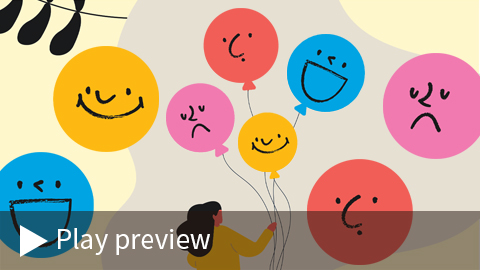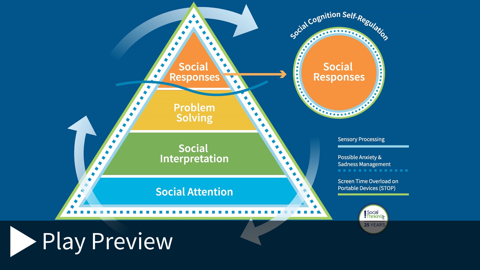Social Thinking has more resources than you think!
Browse our selection of workbooks to support academic & social learning
Keep Social Learning Strong All Summer Long!
Summer is a great time to relax, but it’s also the perfect opportunity to help kids keep working on their social learning. Just a couple of pages a day from one of our engaging, easy-to-use workbooks can support academic and social learning competencies without overwhelming kids or caregivers.
Why It Matters: Academic success is deeply connected to social learning. Foundational social competencies like perspective taking, self-regulation, and executive functioning are essential for working in groups, engaging in classroom discussions, understanding reading material, and navigating the school day. Reinforcing these skills over the summer helps set students up for improved academic success and a smoother transition when school starts again.
Build a Strong Foundation for Social Learning
Summer is an ideal time to strengthen the foundation of social competencies that support children's overall development. By revisiting key concepts through just a few workbook pages a day, children and teens can strengthen their social knowledge which in turn will improve social and academic outcomes. Whether at home or on the go, our workbooks make it easy to blend learning and play. Give them a try!
Free Webinars: Learn Something New in 60 Minutes

Demystifying Executive Functions
Many students who are academically strong struggle with executive functioning, which can deeply impact their well-being in the social, academic, and job worlds. Join our founder, Michelle Garcia Winner, for this free webinar to break down executive functions and learn how to teach them.

Understanding Self-Regulation
There is a big difference between using reward systems to encourage students to behave and teaching students how to self-regulate. Join Michelle Garcia Winner, the founder of the Social Thinking Methodology, to explore the many moving parts of self-regulation and which of our strategies, frameworks, and teaching materials help students develop these competencies across age groups.

The Social Thinking - Social Competency Model
In this webinar, Michelle Garcia Winner, the founder of Social Thinking, discusses an evidence-informed Social Thinking - Social Competency Model. This model is a way to think about a four-step developmental process to help educators and therapists better support their students and clients.


